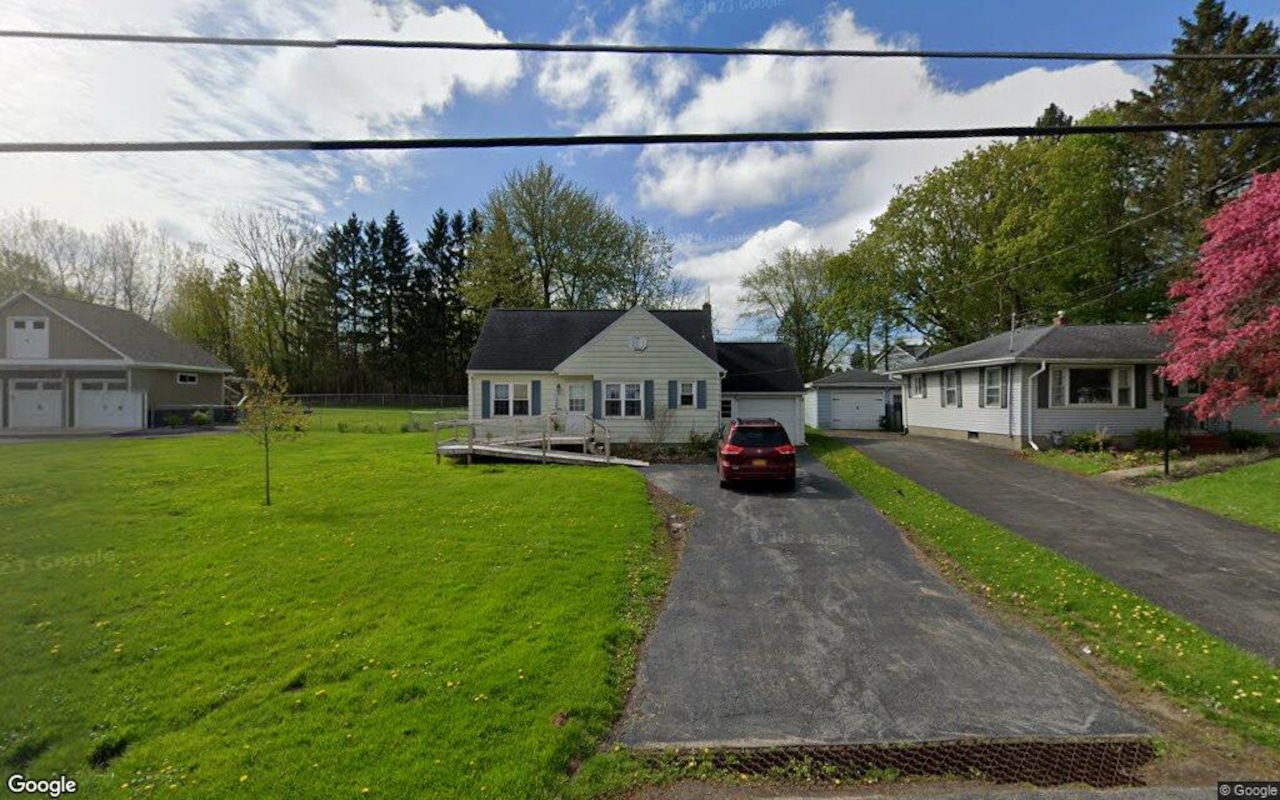*
*Subscriber Insight**
“Counteroffensive is the sole Substack I’ve ever signed up for. I keep my subscriptions tight because they add up quickly. In a time when in‑depth journalism feels like a relic, outlets like this are more vital than ever. I wish there were a way to amplify the amazing work you’re doing. Keep it going!” – Rob
**Keys to a Lost Home**
During the Mariupol Day gathering in Kyiv on 21 September 2025, a photo captured the keys of apartments that once belonged to Mariupol residents. Those who lost their homes in Russia’s 2022 assault now hold only these keys as a reminder of what was taken. The label “homeless” hangs heavy on their stories.
**The Moscow Reconstruction Scam**
Three years after the occupation, Moscow’s so‑called “reconstruction” is a façade designed to confiscate Ukrainian property and replace the local population with Russians. The Counteroffensive has uncovered the mechanics of this fraud: addresses are altered so former owners cannot prove residency, allowing Russian authorities to seize homes that Ukrainians have paid for over years.
On 23 September, occupation officials marked the third anniversary of Mariupol’s illegal referendum, claiming that over half of residents voted to join Russia. Russian propaganda paints the city as thriving, yet social media groups reveal the opposite: daily hardships, broken infrastructure, and a lack of basic services.
**Renaming as Erasure**
At least 101 streets have been renamed in three years, often with Soviet‑era titles. The street once named after historian Mykhailo Hrushevskyi became “60 Years of the USSR.” Russian media justify this as a fight against Ukraine’s “decommunization,” but legal experts describe it as a deliberate attempt to erase Ukrainian culture.
**Compensation Roadblocks**
To claim compensation for destroyed homes, residents must re‑register their properties in Mariupol, requiring a Russian passport and insurance number. Ukrainian citizens face tightened border controls, with only two crossing points—Vientuli (now closed) and Moscow’s Sheremetyevo Airport—remaining open. The distance from Mariupol to Moscow is roughly 1,200 km, making the journey perilous and costly.
Russian authorities declare properties “ownerless” if Ukrainians refuse to travel, enabling the state to seize and redevelop sites. The process takes about nine months, faster than in Russia. By the end of 2024, around 5,000 apartments were declared ownerless.
**Reconstruction Claims vs. Reality**
The occupation head, Oleg Morgun, announced that 94 % of compensatory housing was complete, with over 4,500 new apartments handed out. Roskapstroy, a Kremlin‑backed firm created by Putin in 2016, was contracted to rebuild 1,700 facilities. The U.S. Treasury sanctioned Roskapstroy in 2023.
Ukrainian‑led Mariupol City Council rejects the address changes and reports ongoing water shortages. Residents on Telegram note that many still wait years for housing. As of early 2025, more than 5,500 people remained on the waitlist.
**Mortgage Incentives for Russians**
New apartments are sold with a 2 % mortgage rate—three times lower than the Russian average—encouraging Russian citizens to buy property. This strategy is part of a broader plan to repopulate Mariupol with Russians while displacing Ukrainians. Local ads and Telegram chats highlight the disparity: locals cannot access these mortgages, and former owners find their homes renamed, preventing compensation.
**Construction Chaos**
Despite promises of rapid progress, construction often worsens living conditions. Residents report damaged utilities and ongoing excavation. One Telegram post described a neighborhood reduced to construction pits after a cable was damaged.
**International Context**
While Mariupol’s plight is highlighted, global events also shape the narrative. Zelenskyy is set to meet with Trump in Washington on 17 October to discuss long‑range Tomahawk missile supplies, potentially boosting Ukraine’s ability to target Russian oil infrastructure. Russia opposes the deal, fearing strained U.S.–Kremlin relations.
North Korea’s new Hwasong‑20 intercontinental ballistic missile, unveiled in Pyongyang, may have received Russian assistance. The missile’s range could reach the U.S., though its operational status remains uncertain.
Military aid to Ukraine has seen a 47 % drop in July and August, with European contributions falling 57 %. The U.S. suspended Patriot and precision weapon shipments, prompting Europe to create the Prioritized Ukraine Requirements List (PURL) to fill the gap.
**Mariupol’s Resilience**
Three years into occupation, Mariupol residents keep their presence alive through rallies in Kyiv and other cities. At a recent event on 21 September, over 100 natives brought the keys to their occupied apartments. Among them was 78‑year‑old Nelia, a lifelong Azovstal steelworker who became homeless at 75. She vowed to return once Mariupol is Ukrainian, even if it means living in a tent.
**Legal Perspective**
Serhii Lankin, an international law attorney at Hloba & Hloba, described the expropriation and mortgage schemes as war crimes. He cited the International Criminal Court’s Rome Statute and the Hague Convention, which prohibit such actions.
**Conclusion**
The Counteroffensive continues to expose the layers of Russian occupation in Mariupol: from fraudulent property seizures and street renamings to deceptive mortgage offers and stalled reconstruction. While international aid fluctuates and geopolitical negotiations unfold, Mariupol’s residents persist in asserting their identity and demanding justice.














